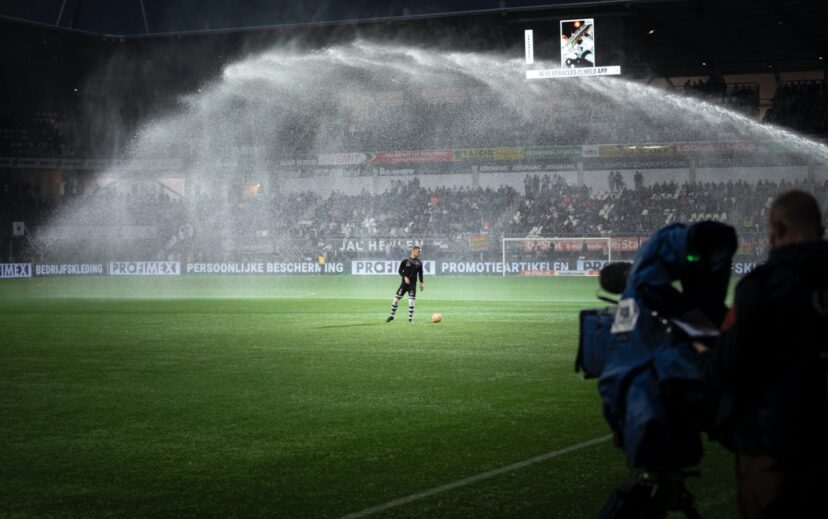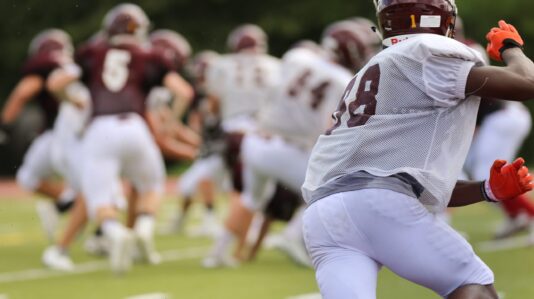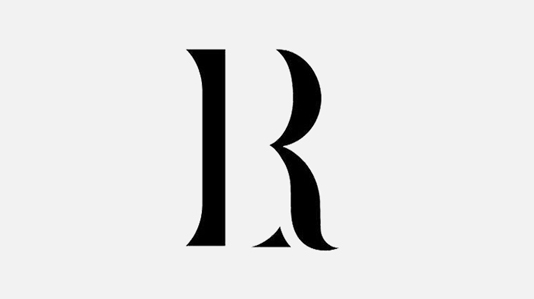Thanks to a recent NCAA interim policy change and new laws in several states, some student-athletes can now be paid for use of their name, image, and likeness (NIL). This opens up new opportunities for students as well as other parties involved in collegiate sports. However, it also raises new concerns for key stakeholders. Legal counsel is essential to ensure all parties understand how to comply with the laws and regulations already enacted as well as new ones that are forthcoming.
Who Are the Key Stakeholders Most Affected By the NIL Rules?
The change in NIL compensation rules affects several parties. These include student-athletes, colleges and universities, agents, attorneys, brands and other professional service providers.
Colleges and Universities
All colleges and universities will have to address the new NIL policy to some degree. In states that do not have laws or an implemented policy that allow student-athletes to profit from their NIL, schools are likely to face a significant recruiting disadvantage. Where states are permitting it, colleges will have other challenges including:
- Recruiting. Under state law and NCAA policy, schools cannot pay athletes for participation or help them get NIL deals. They also cannot use NIL deals as a recruiting incentive. However, colleges and universities have discretion in developing compensation rules consistent with their state laws. Some states and schools are likely to be more generous than others which will introduce another level of competition between schools in different states and even within the same state.
- Compliance. Colleges and universities must monitor compliance with their own rules, NCAA policy, and state law. Costs may be significant, as demonstrated by schools signing large contracts with companies like INFLCR and Opendorse that provide software to manage this process. This also includes educating student-athletes regarding how to monetize their NIL, developing legal document templates, and vetting each contract to determine whether they conflict with any agreements the school has with third parties.
Professional Service Providers (Agencies, Attorneys and Marketing Representatives)
In states allowing student-athletes to receive compensation for use of their NIL, typically students are also allowed to hire agents, attorneys, and other professional service providers to assist them. This is also allowed under the NCAA’s interim policy. Service providers may see significant growth in revenue from the representation of athletes. However, they will also be subject to increased regulation and scrutiny of contracts. Providers will likely be required to be certified, licensed, or in good standing in the state where the school is located. They will also have to ensure they comply with any applicable NCAA, league, and school rules in addition to state law.
Additionally, student contracts with service providers may be subject to approval by schools as will individual endorsement deals the providers obtain for students. It may be challenging to find lucrative arrangements because schools can veto contracts that may conflict with the institution’s contracts. There are also restrictions on student-athletes contracting with certain types of brands. As a result, providers will likely be selective in who they choose to represent.
Brands
NIL rules provide huge opportunities for brands to leverage the popularity and social media reach of individual student-athletes. However, some brands may face challenges if a school already has a contract with a competitor. This may lead to major brands offering colleges more lucrative deals with the view that it makes it easier for the brand to enter into agreements with the school’s student-athletes. Smaller brands also can take advantage of NIL deals particularly to reach local markets.
State law and school policies are banning students from working with certain brands. These include companies promoting alcohol, tobacco, steroids, gambling, firearms, and sexually-oriented activities, although rules vary by state.
College Athletes
The biggest impact of the new NIL laws and policies will be felt by student-athletes. Collegiate sports are big business and students were the only ones not profiting from their activities. Where permitted by state law, students may be paid for endorsements, personal appearances, autographs, personal messages, and the like. However, there are risks.
First, student-athletes must comply with all rules. Even where they have a right to seek compensation, individual deals may be blocked under state law, or NCAA or school policy. In addition, students must become educated on how to monetize their NIL to avoid being taken advantage of in contracts or otherwise losing the money they earn. In most states passing NIL laws, schools are required to provide financial literacy and life skills workshops to student-athletes and are developing materials to assist students in promoting their NIL.
High School Athletes
The NCAA policy and state laws do not affect high school students, and colleges and universities are prohibited from using NIL rules as a recruiting tool.
Conclusion
The new rules may generate significant revenue for many individuals and organizations involved in collegiate sports. However, there are risks as this is an evolving area. Good legal advice can help ensure that a party’s rights are protected and potential liability is minimized.
Photo by Maxim Hopman on Unsplash





